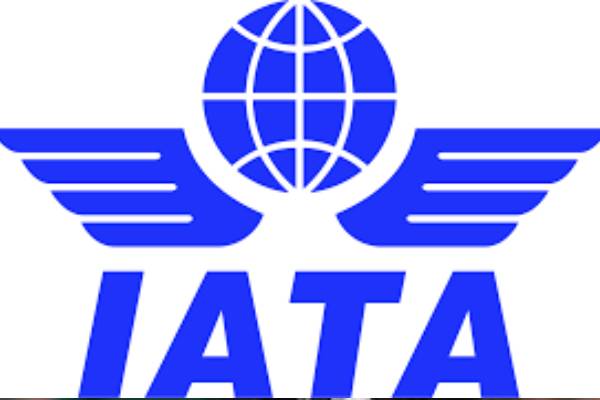The International Air Transport Association (IATA) has reported that as of the end of April 2025, a total of $1.3 billion in airline funds remains blocked from repatriation by various governments worldwide.
Nigeria was notably absent from the list of countries involved in the practice.
According to IATA, ten countries account for 80 per cent of the total blocked funds—amounting to $1.03 billion. These include Mozambique ($205 million), Algeria ($178 million), Lebanon ($142 million), Bangladesh ($92 million), Angola ($84 million), Pakistan ($83 million), Eritrea ($76 million), Zimbabwe ($68 million), Ethiopia ($44 million), as well as Cameroon, the Central African Republic, Chad, Congo, Equatorial Guinea, and Gabon.
While Mozambique now tops the list, increasing its blocked funds from $127 million in October 2024 to $205 million, Pakistan and Bangladesh have shown marked improvements. Pakistan has reduced its blocked funds from $311 million to $83 million, while Bangladesh’s backlog fell from $196 million to $92 million.
The Africa and Middle East region accounts for the bulk of the total, with $1.1 billion—or 85 per cent—of the blocked airline revenues.
Bolivia, previously among the countries with significant airline debts, made the most notable progress by fully clearing its backlog, which stood at $42 million as of October 2024.
Despite the ongoing issue, IATA noted that the overall situation has improved by 25 per cent compared to the $1.7 billion recorded in October 2024.
In a statement, IATA Director-General Willie Walsh urged governments to honour international agreements and ensure airlines are able to repatriate revenues without delay.
“Ensuring the timely repatriation of revenues is vital for airlines to cover dollar-denominated expenses and maintain their operations,” Walsh said. “Delays and denials violate bilateral agreements and increase exchange rate risks. Reliable access to revenues is critical for any business—particularly airlines which operate on very thin margins.”
He warned that such barriers could undermine international air connectivity, with serious implications for economies and employment.





